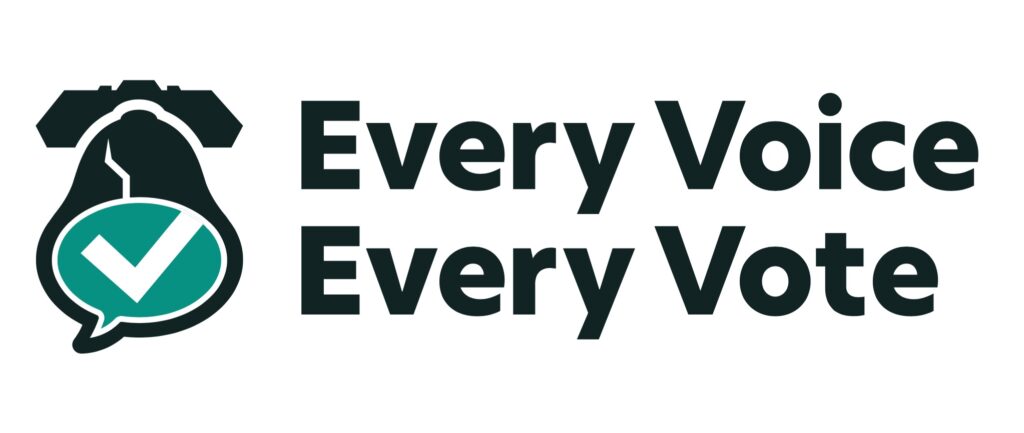The Philadelphia Marathon will now award winners across three gender categories — men’s, women’s and nonbinary races — in the 2024 open division.
This means all first place marathoners racing in the non-professional categories will receive $4000, and those coming in second and third place will receive $2000 and $1000 respectively. Those competing in the open division in most other events will be awarded smaller cash prizes across all three gender categories as well. (The Philadelphia Marathon hasn’t included a nonbinary category for wheelchair races.)
The Philadelphia Marathon previously awarded cash prizes to the first Philadelphians and the first masters (people ages 40 and up) who win their respective races in the men’s and women’s open divisions. After multiple years of activist insistence, a nonbinary registration option was added in 2022 — but no prizes have been awarded to the category’s first Philadelphians or first masters to cross the finish line.
The race also recognizes an elite field — a small cohort of about 100 racers who run professionally. First place winners in this division — which includes racers in men’s and women’s categories — win $10,000 each. But a nonbinary category doesn’t exist in this field.
Amanda Gamble, who works for the city and is the spokesperson for this topic, was brought onto the marathon’s planning team in fall 2023 — just a few months before last year’s event.
“I was made aware of this issue — that this was something that the race organizers had been grappling with for some time,” she said about addressing inequity surrounding nonbinary participation.
“I don’t have a background in race logistics or running in general, so I realized I had a lot to learn,” she added.
Gamble didn’t feel there was enough time to implement major changes when she was first brought into the picture. Instead, her team focused on the 2024 event.
Advocates noted that previous encounters with race organizers included microaggressions and misunderstandings and appreciate that conversations about this topic have improved since Gamble was brought on.
“There have been some obvious mistakes in the past,” Gamble admitted, recalling additional issues — including misgendering at the finish lines, issues with how results appear on the website, and other accidental missteps.
This is why, Gamble explained, the marathon was more intentional as they brought on vendors this year — specifically seeking to learn about how DEI training was implemented by potential partners. The marathon took additional measures — such as creating gender neutral chest-feeding stations, offering all-gender changing rooms and restrooms, auditing and updating language and processes, and implementing DEI and inclusion-specific training for security professionals.
But this didn’t address every concern.
“We’ve been very clear about what it is that we wanted, and it was the elite inclusion of nonbinary folks, said CC Tellez — who has helped other race organizers develop approaches for nonbinary elites. “To be able to participate as equally as the women’s and men’s divisions, to have access to not just the title but also to the prizes that come along with it, to be celebrated the same way, to have that platform.”
Josh Fernandez, a nonbinary runner who has been competing at the top of the nonbinary field as it’s started to emerge, said the city focused on changing approaches to communications and apparel rather than listening to the community’s asks about options for elites.
The lack of inclusion in the elite field sends a message, Fernandez underlined, that running is merely a hobby for nonbinary people — even though nonbinary runners are professionals too.
This impacts adults attempting to be taken seriously as competitors — who struggle to carve out careers in the industry because of a lack of options for participating, Fernandez explained, adding that the lack of options affects how nonbinary youth approach the sport too. These runners can’t aspire to something that doesn’t yet exist, they said, noting that nonbinary athletes deserve role models to inspire them.
“I want to build a path for the next Nikki Hiltz to not have to compete in a gender division that doesn’t match their identity,” they said, referencing a nonbinary Olympian who recently competed in the women’s field.
Fernandez was surprised by the sudden announcement, and other advocates feel that communication from marathon organizers has been poor. Tellez said that despite promises to collaborate, there hasn’t been a formal meeting with organizers in months.
Gamble, who was on maternity leave at the beginning of the year, felt that there wasn’t enough time to meaningfully engage with stakeholders when she returned, so she’s been working with the Office of LGBT Affairs and city council members who are passionate about the topic.
“I am disappointed that the Philadelphia Marathon has elected not to recognize a separate division for elite nonbinary runners, despite the progress in allowing nonbinary participants to compete for non-elite open division awards,” said Councilmember Rue Landau. “These steps are not enough, and we still have a lot of work to do to ensure true equity and inclusion in sports.”
“All runners should have the chance to compete and earn recognition at the highest levels while existing and being recognized as their full selves,” she continued. “I will continue to advocate for full inclusion of the diverse identities and abilities of athletes across Philadelphia.”
Gamble cited USA Track and Field (USATF), the sport’s governing body, as the reason Philadelphia Marathon opted not to add a nonbinary option for elite racers — as USATF has issued guidelines for binary trans participants but has not issued any pertaining to nonbinary athletes or nonbinary categories.
“If tomorrow, USA Track and Field said, ‘Here are the guidelines for nonbinary,’ we would do it,” Gamble underlined. “The sticking point is this expectation that we would have to come up with our own guidelines or not have them at all.”
Gamble worries about qualifications standards — such as requiring people to show identification or checking hormone levels to “prove” gender identity.
“That is a space that would not be in the scope of what we want to do and is personally not something I feel comfortable engaging in,” she noted.
But other race organizers are allowing racers to self-identify and aren’t imposing drug tests.
A recent decision by the United States Anti-Doping Agency sets an additional precedent. The agency granted a therapeutic use exemption to a nonbinary runner who takes testosterone as part of gender-affirming care. The ruling states that this runner can compete in male, nonbinary, and open categories at USATF-sanctioned events.
Race organizers developing the field are focused on qualifying times — which aim to make races as competitive as possible and are often used to establish standards for elite divisions. Runners seeking an elite designation use finishing times from previous races (including results from participation in binary gender categories) to meet minimum qualifying standards for the nonbinary category. Multiple events hosted in Philadelphia — including the Philadelphia Distance Run, the first road race to intentionally include nonbinary elites — have taken this approach.
Today’s nonbinary qualification times are often set to the minimum standards for women’s races but are expected to evolve as the division continues to develop.
This is typical of qualifying standards across all fields, which change over time. The women’s qualifying times, for example, were first set to the same as the men’s standards. When the wheelchair division was added, qualifying time was more arbitrarily decided.
“I acknowledge that I know that we didn’t get to exactly where they want to be,” Gamble underlined about activist responses to the city’s approach for nonbinary athletes. “My hope is that this change grows that division and that the larger community in Philadelphia and beyond will feel some impact by this change.”
Tellez doesn’t want any marginalized people to abandon their goals or the joy of running for the cause. Instead, she hopes supporters will voice their disapproval and participate in a way that brings attention to the topic. Tellez, Fernandez, and other activists protested a Philadelphia Marathon training day in July, and they’ll continue to fight until they see the progress they want.
“This isn’t over,” she underlined.


